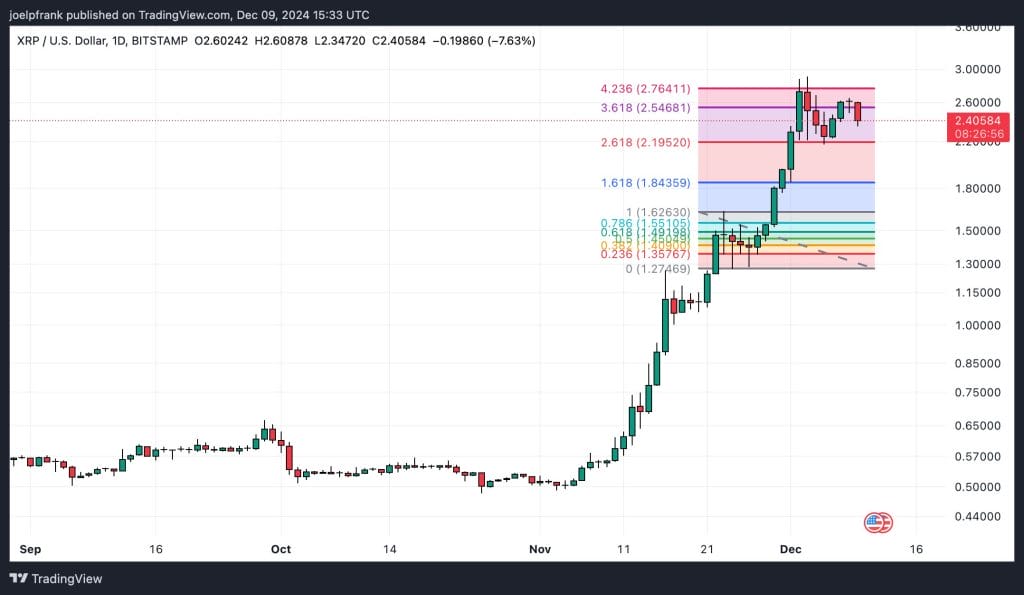
Circle, the firm behind the USDC stablecoin, is taking its next big step into regulated finance.
Fresh off a public listing that valued the company at nearly $18b, Circle has filed an application to become a national trust bank in the United States, Reuters reported Tuesday.
If approved by the Office of the Comptroller of the Currency, the new entity, called First National Digital Currency Bank, N.A., would allow Circle to act as a custodian for its reserves and offer secure digital asset services to institutional clients.
However, unlike traditional banks, it would not be permitted to accept cash deposits or issue loans.
Circle Plans Hybrid Reserve Custody Model
Instead, the trust charter would let Circle manage the reserves backing its stablecoin, which include short-term US Treasury bills and cash, currently held at BNY Mellon and managed by BlackRock. Some of these holdings will remain with existing partners even if the new bank becomes operational.
“We’re going from the early-adopter phase of this technology into the mainstream,” Allaire told Reuters. “As a public company, and now, hopefully if we are successful in getting approval from the OCC as a national trust, that will give us a foundation that the world’s leading institutions are going to be comfortable building on.”
Senate Bill Pushes Stablecoin Rules Forward
Circle plans to focus on the custody of tokenized assets such as stocks and bonds on blockchain rails, rather than cryptocurrencies like Bitcoin and Ether. This focus aligns with broader trends, as financial institutions increasingly explore blockchain to modernize traditional markets.
The timing of Circle’s move is significant. Earlier this month, the Senate passed a stablecoin bill that would require issuers to maintain full reserves and disclose them publicly each month. The House is expected to vote on the bill in the coming weeks, and President Trump has signaled support for such regulation.
If enacted, the legislation could legitimize stablecoins in the eyes of more traditional businesses and pave the way for broader use in payments and commerce. Circle, which already plays a central role in the stablecoin market, is preparing to meet that moment with a more regulated and institution-friendly structure.
Wall Street analysts began coverage of Circle this week with mostly upbeat assessments. Firms including Barclays, Bernstein and Canaccord Genuity issued buy ratings, though others like JPMorgan and Goldman Sachs flagged potential valuation concerns following the stock’s sharp post-IPO rise.





